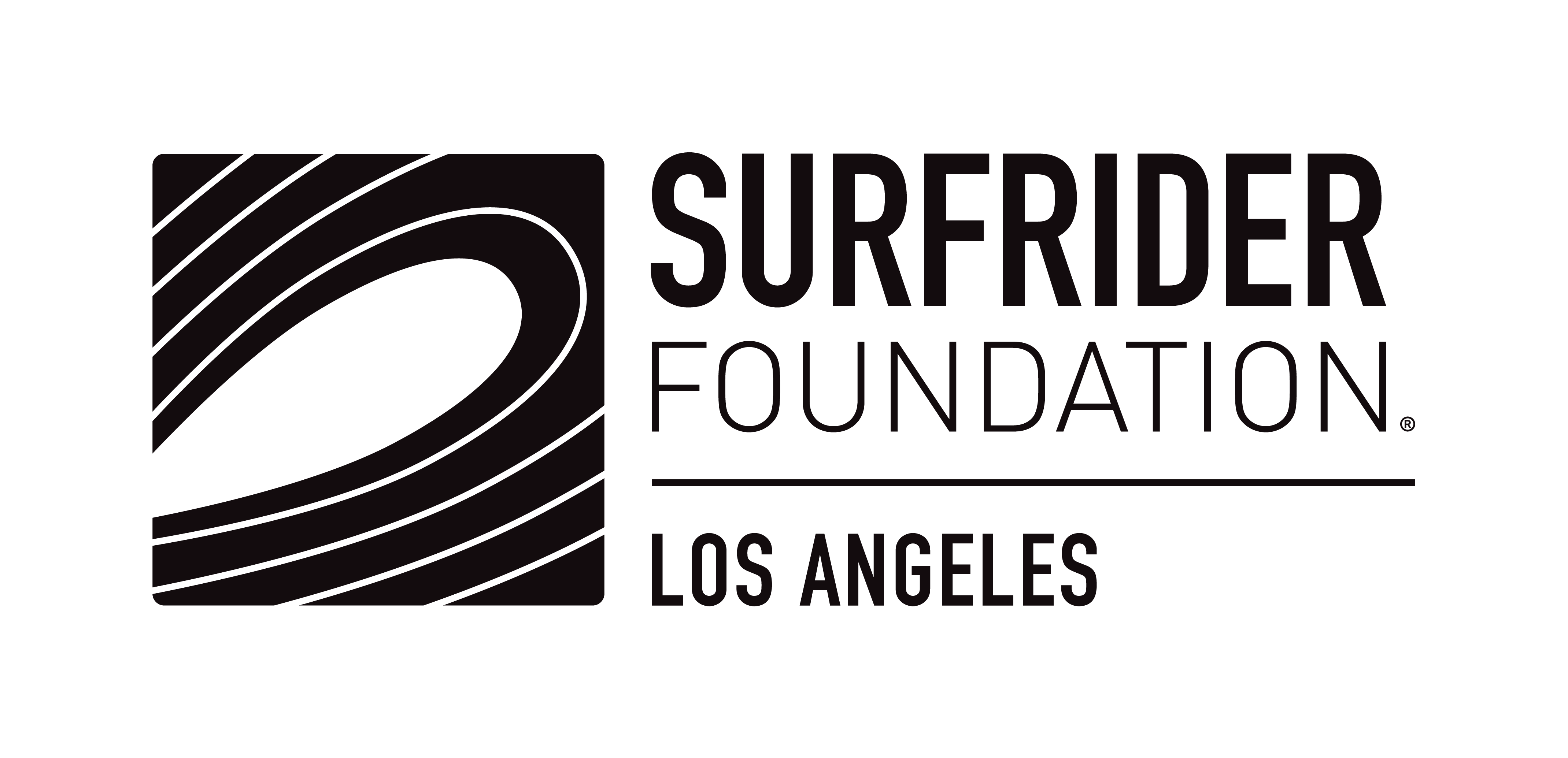.webp)
From Source to Sea
The Global Challenge of Tackling Plastic Pollution on Beaches
Imagine a world where the amount of plastic products outnumbers the fish in our seas. This is not a dystopian fantasy, but a grim reality that could happen by 2050 if we don’t act now to reduce our worldwide plastic footprint.
California, a popular tourist destination, sees millions of visitors every year. Unfortunately, many leave behind a trail of harmful plastics along its picturesque coastline. As litter accumulates on beaches, it poses a serious threat to the environment and its inhabitants. The litter degrades in the environment, giving birth to microplastics, which enter the food chain and threaten all walks of life, from marine animals to humans.
But, all is not lost. California has taken innovative steps to reduce waste and promote recycling. In 2020, it became the first state to ban single-use plastic bags statewide, preventing billions of bags from ending up in landfills or waterways. In 2021, Governor Gavin Newsom signed four new bills that further address plastic pollution*:
● AB 881 This bill closes a loophole that allowed some plastic waste exporters to claim they were recycling when they were actually dumping plastic in foreign countries. Now, plastic waste exporters must prove that their shipments are actually recycled in an environmentally sound manner.
● SB 343 This bill establishes a statewide standard for labeling products as recyclable or compostable. Currently, many products have misleading or confusing labels that make consumers think they can recycle or compost them when they cannot. This bill will help consumers make informed choices and reduce contamination in recycling and composting streams.
● AB 1276 This bill prohibits food service businesses from providing single-use foodware accessories, such as utensils, straws, napkins and condiment packets, unless requested by the customer. This will help reduce unnecessary waste and encourage reusable alternatives.
● SB 619 This bill gives local governments more flexibility and time to comply with the state's organic waste diversion requirements. It also provides funding for infrastructure and programs to reduce organic waste, which is a major source of methane emissions and a contributor to harmful algal blooms.
*Surfrider does not officially endorse these bills.
These bills are part of California's efforts to reduce 75% of single-use plastic packaging and foodware by 2030. The policies align with California's Ocean Litter Prevention Strategy and Microplastics Strategy, which outline actions to prevent, reduce, and clean up plastic pollution in the ocean.
Plastic pollution is a complex and global problem that requires collective action from all sectors of society. California is leading the way with its ambitious goals to protect its beaches and ocean from this threat. However, we all have a role to play in reducing plastic pollution. We can reduce consumption of single-use plastics, choose reusable alternatives, participate in beach cleanups, and support policies that address plastic pollution at its source.
The Surfrider Foundation is actively working to reduce plastic consumption, defend our oceans, and advocate for policies that hold producers accountable. If you share our vision of a world free of plastic pollution, we invite you to join Surfrider as a member, a volunteer, and follow along on our website. Together, we can make a difference for our planet and for future generations.
Want to learn more?
Check out this simulation on how plastic pollution moves in our oceans.
Explore artworks that recycle plastic in creative ways.
